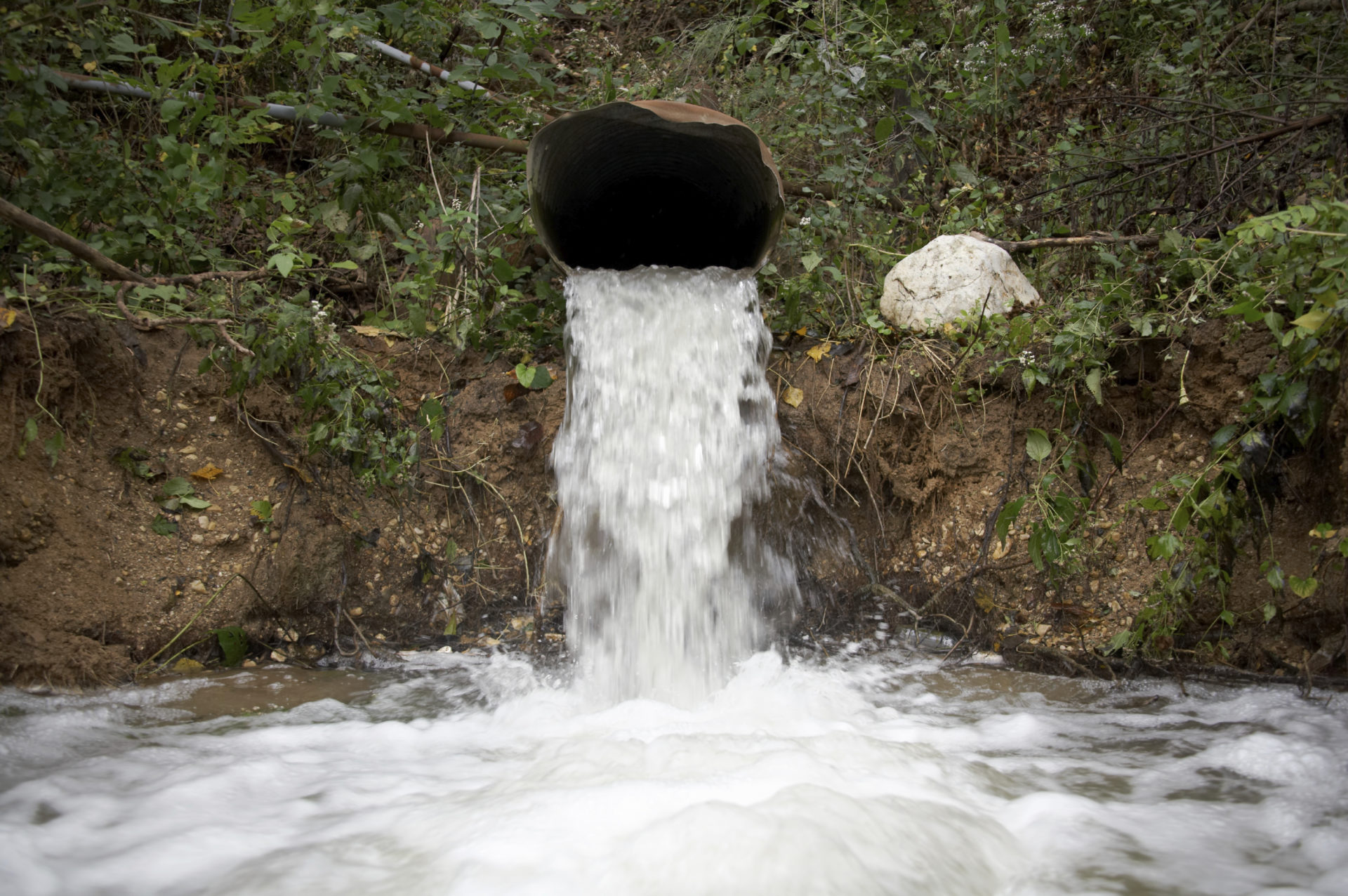Antimicrobial resistance putting sustainable development at risk: Drivers, impacts, solutions
Facing the broad range of initiatives working on antimicrobial resistance or pharmaceuticals in the environment, this event will be a stocktaking of knowledge, processes and actors, in order to build synergies and increase efficiency and to make those heard that are not necessarily part of the major global processes.
Uncontrolled production and excessive use of antibiotics have significantly promoted the spread of antimicrobial resistance (AMR) which has evolved into a global health risk during the past decades. The problem is now on the agenda from the grassroots level to a UN high level meeting and an industry roadmap. More restrictive and targeted use in human and veterinary medicine, advanced wastewater-treatment as well as the development of new groups of antibiotics are key priorities, while the supply chain with industrial wastewater being a key pathway of pharmaceuticals to the environment, is only slowly gaining attention.
Antibiotics represent in many ways also other pharmaceuticals as environmental pollutants and their emission pathways, including the market being both intransparent and strictly regulated, which can hinder quick improvements. Those most affected and exposed to the risks, land workers and people living in global production hotspots, are rarely heard in this context. Access to knowledge for affected people and collaboration between the numerous initiatives is crucial in order to achieve fast response, promote synergies and prevent a lock-in of the regulation in insufficient measures.
This session aims at bringing different processes and actors in dialogue and promoting cooperation for maximum efficiency of processes and resources.
Programme
NO LATE ENTRY!
14:00 Welcome
Opening remarks:
Karolina Skog, Minister for the Environment, Sweden
Keynote:
Carl Fredrik Flach, University of Gothenburg
Speed presentations:
- Peter Hurst, Author and expert on Occupational Health and Safety in Agriculture
- Monica Priya, SaciWaters
- Steven Meszaros, Pfizer/Pharmaceutical Supply Chain Initiative
- Anders Finnson, Swedish Water and Wastewater Association
- Adela Maghear, Health Care Without Harm
- Rosemary Kumwenda, UNDP/SPHS
- Kia Salin, Swedish MPA
- Anna Zorzet, ReAct/Uppsala University
- Maria-Teresa Bejarano, Sida
Chair and concluding remarks: Nicolai Schaaf, SIWI
15:30 Close of session
Conclusion
Any exposure of microorganisms to antibiotics can trigger the selection for resistance genes. Thus, the discovery of antibiotics has automatically accelerated the co-evolution with antimicrobial resistance (AMR). But excessive consumption in agriculture, veterinary and human medicine as well as industrial pollution have led to a promotion of AMR that has outpaced the development of new groups or types of antibiotics.
This session served for an overview of the multiple facets and dimensions of the problem as well as the solutions. A broad range of stakeholders and perspectives were presented to understand the complexity of the AMR challenge.
Solutions to tackle AMR must cover all the relevant pathways where microorganisms are exposed to antibiotics, thus triggering resistance.
- On the side of the production, this means science based discharge limits, transparency throughout the production chain and sustainability criteria for any kind of customer, be it public procurement, subsidies, substitution and reimbursement schemes or over the counter sale of non-prescription medicines. In the long run, this should also be regulated within the larger regulative frameworks like the Good Manufacturing Practice (GMP). For developing relevant supply chain tools, the dialogue with the industry is essential and initiatives of forerunners are a first starting point.The impact by AMR on the global level as well as the direct impacts of the pollution at the local levels have to be addressed.
- When it comes to the usage, a balance must be found between restricting unnecessary consumption and improving access for those who have not yet been reached by the benefits of antibiotics. This accounts for livestock (preventive treatment and growth promotion) as well as veterinary and human medicine. With workers along the food supply chain being exposed to both antibiotics and AMR, this also becomes a question of occupational risk and unions’ engagement.
- The health sector has a multiple responsibility, in terms of sustainable procurement of pharmaceuticals as well as of food, strict diagnostics and targeted use of antibiotics, hygiene, information to patients about correct use and disposal and none the least waste and wastewater management.
While water is on the one hand a central carrier that spreads both pollution and resistance, the access to clean water, sanitation and hygiene on the other hand is an essential part of the solution.
Although there is no specific SDG or target related to AMR in the 2030 Agenda, strong linkages lie in the other relevant goals on health, water, responsible production etc, both within the threat imposed by AMR and in terms of mutually supportive solutions. This calls for a holistic approach by the aid financiers supporting cross sectoral cooperation and utilizing the normative power of public finance and procurement.
For references to the speakers and organizations and slides from the session, please refer to the “resources” section for this event.


